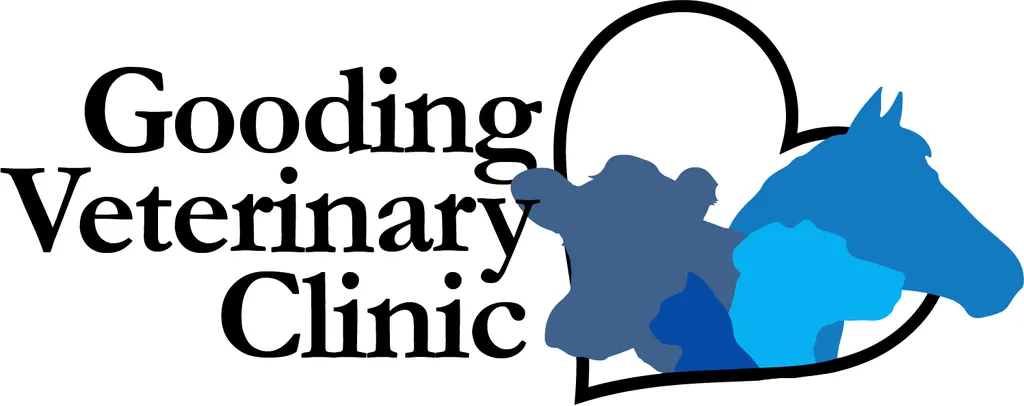
Immunodeficiency disorders in horses are rare conditions that prevent the immune system from protecting the horse against viral, bacterial or other types of infections. These disorders can affect different parts of the horse’s immune system. They may be present at birth or develop later on in the horse’s life.
Possible Signs of Immunodeficiency
The main sign of immunodeficiency is an increase in the number or severity of infections. This may show up as:
- Multiple episodes of pneumonia within one year
- Infections in multiple parts of the body at the same time (such as pneumonia in the lungs and sinus infection)
- Infections that occur mainly in horses with weakened immune systems (opportunistic organisms)
- Osteomyelitis (bone infection) or meningitis (inflammation of the brain and spinal cord)
- Failure of antibiotics to treat an infection even after two or more months
- Infections that return frequently (recurrent)
Types of Immunodeficiency
There are two main types of immunodeficiency in horses:
- Primary immunodeficiency. This type is caused by a genetic defect, which means it is present when the horse is born (congenital). It affects the development, structure or function of the body’s immune cells. This type is more often seen in young horses, with symptoms showing up as the antibodies obtained from the mother’s colostrum disappear.
- Secondary immunodeficiency. This type can develop at any time during a horse’s life (acquired). It makes it more difficult for the horse’s immune system to fight infections, including opportunistic organisms.
Secondary immunodeficiencies can be an ongoing problem (chronic) or last for only a short time (transient). In addition, multiple parts of the immune can be affected at the same time.
Certain conditions may increase a horse’s risk of developing a secondary immunodeficiency, including:
- Treatments that suppress the immune system (such as steroids)
- Certain diseases caused by viruses
- Stress
- Tumors
- Diseases that affect the horse’s metabolic or endocrine systems
- Aging
- Auto-immune disorders
- Malnutrition
Severe Combined Immunodeficiency Disease
Severe Combined Immunodeficiency Disease (SCID) is an inherited condition (primary) that occurs in part-bred and pure Arabian horses. This condition affects the thymus, an organ that makes certain immune cells (T and B cells). Without these cells, the body is unable to fight bacterial, viral and other infections.
During the first months of their life, foals affected by SCID are healthy. This is because they receive a dose of antibodies from their mother’s colostrum. Antibodies are compounds used by the immune system to identify and mark bacteria, viruses or other infections.
Because horses affected by SCID are missing certain immune cells, they will lose their immune protection as the antibodies received from the mother slowly disappear. These horses will often die by two months of age from pneumonia or other infections. There is no treatment for this condition.
Immunoglobulin Deficiency
Immunoglobulin deficiency is a condition in which the horse’s body cannot make antibodies. It may be present at birth (primary, or congenital) or acquired later in life (secondary).
The deficiency can happen if the foal does not receive enough antibodies from the mother’s colostrum within the first 90 minutes after birth. With a shortage of maternal antibodies, the foal has a greater risk of developing viral or bacterial infections. These often affect the respiratory or gastrointestinal tract. If a mother’s colostrum has a low number of antibodies, a veterinarian may suggest using some from another mare or a frozen sample.
Other conditions can also throw off the body’s production of antibodies. This includes tumors affecting the lymphatic system (lymphosarcoma) or plasma cells (myeloma). Treatment for these includes dealing with the underlying condition. A horse may also be given antibodies (immunoglobulins) or antibiotics to fight a bacterial infection.
If your horse suffers from multiple infections or a long-lasting infection, contact our office, so we can schedule a time to examine your horse, diagnose his or her condition and offer suitable treatment options.
